How To Buy Carbon Offsets: 6 Certified and Vetted Options
Green Business Bureau
APRIL 12, 2022
In our previous Green Business Bureau article, titled Carbon Offsets Vs Carbon Credits: Addressing The Issues (The 5 Rules of Carbon Offsetting) , we discuss the rules that ensure offsets deliver the GHG emission reductions promised, and do so ethically. Carbon offset program #3: Methane abatement.


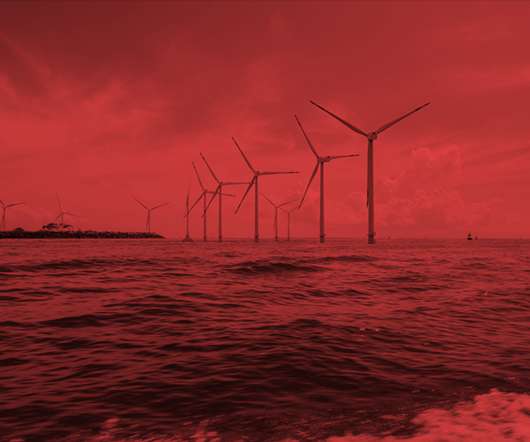

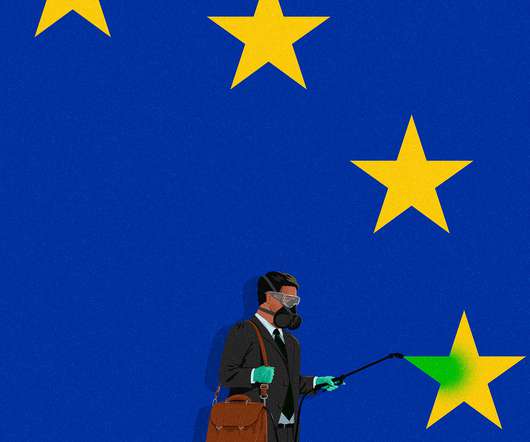
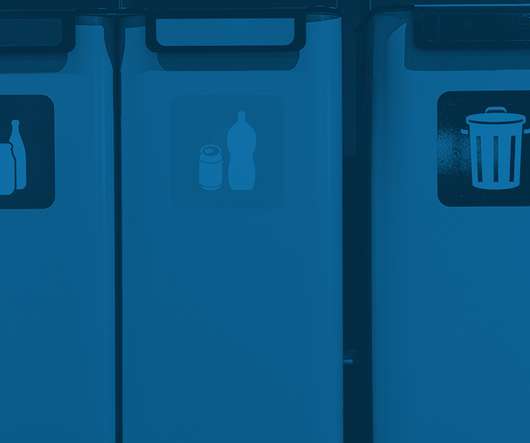
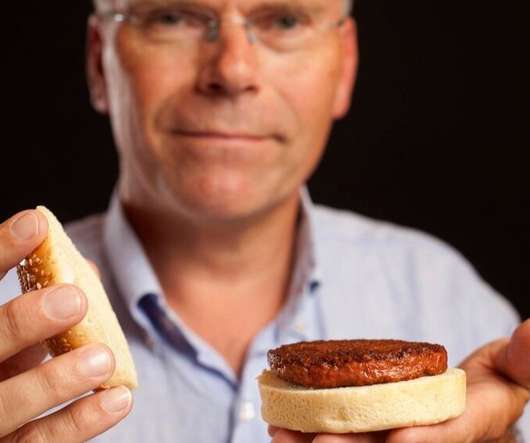
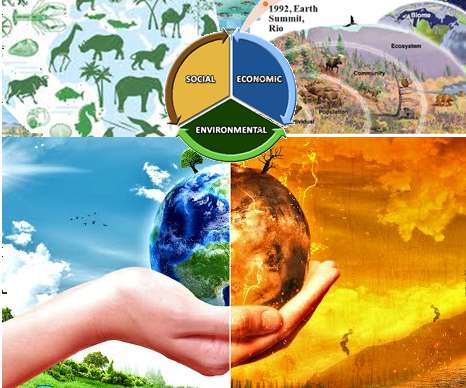








Let's personalize your content